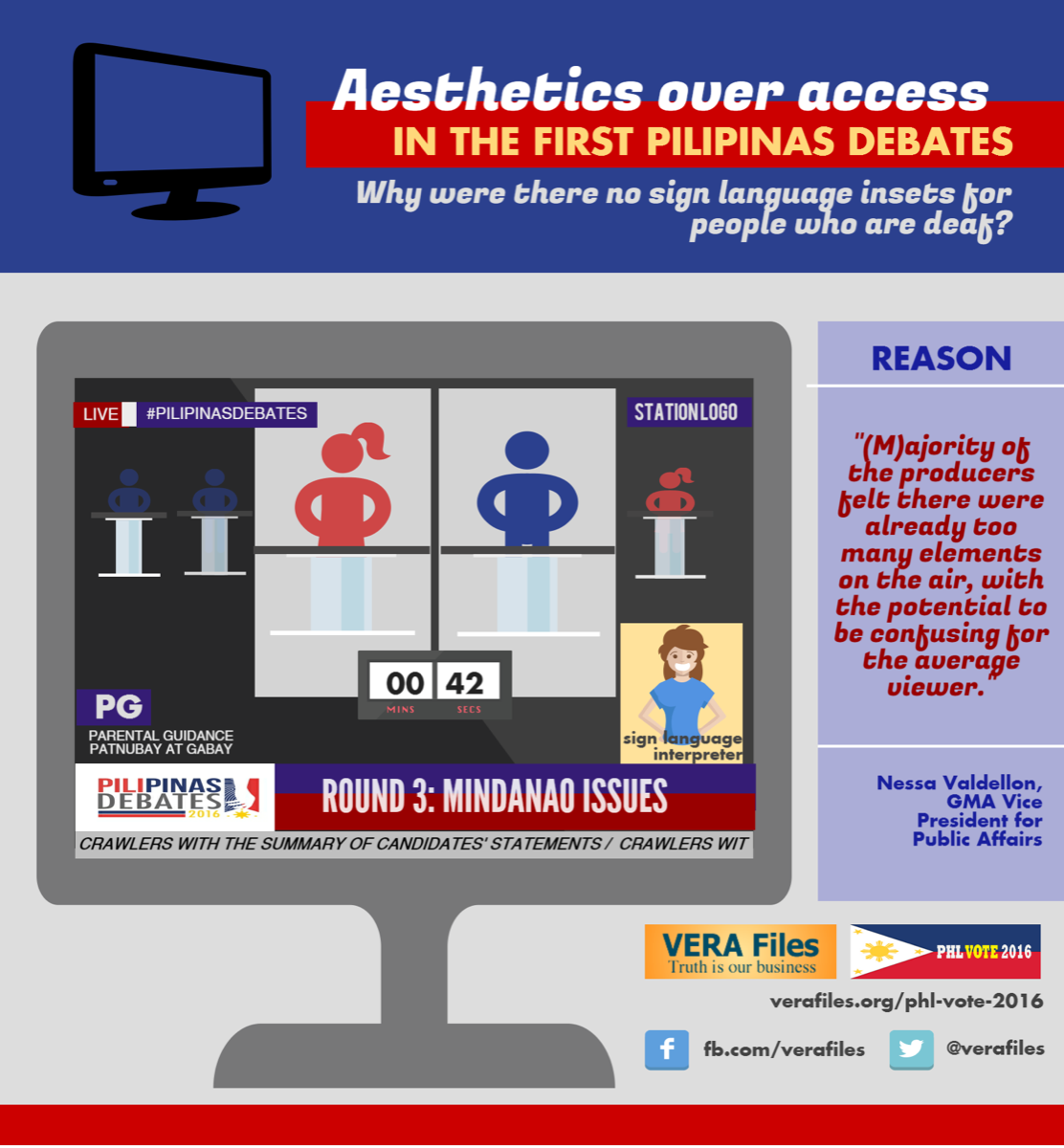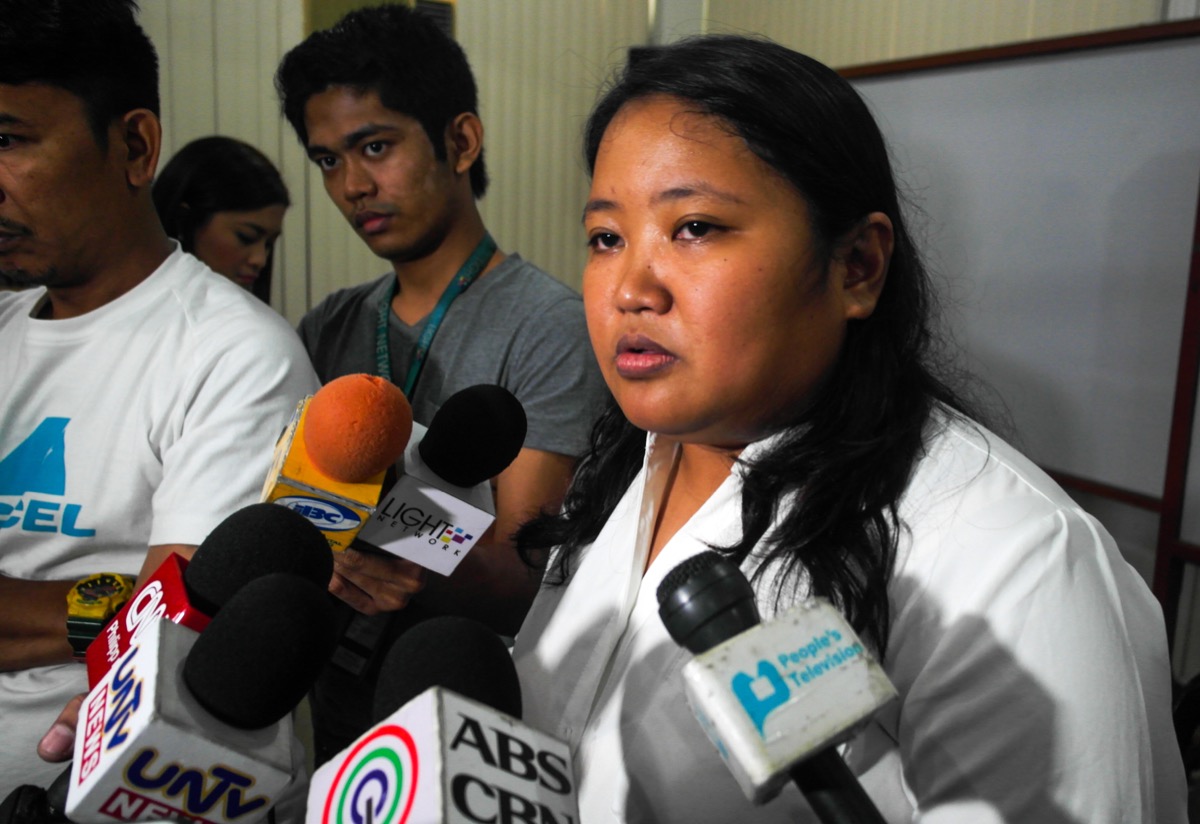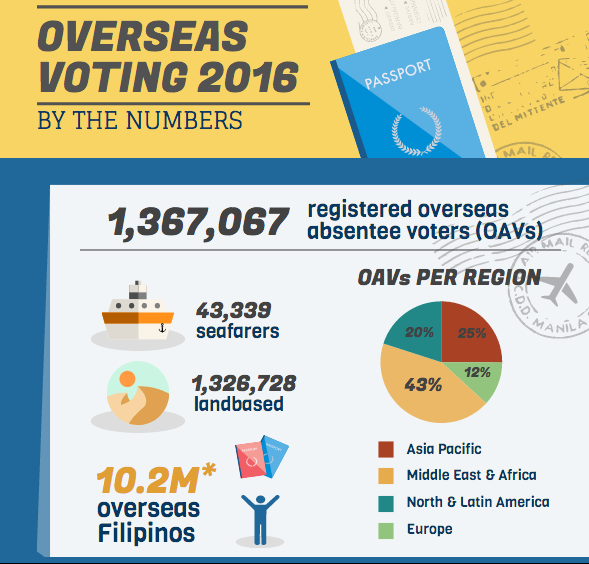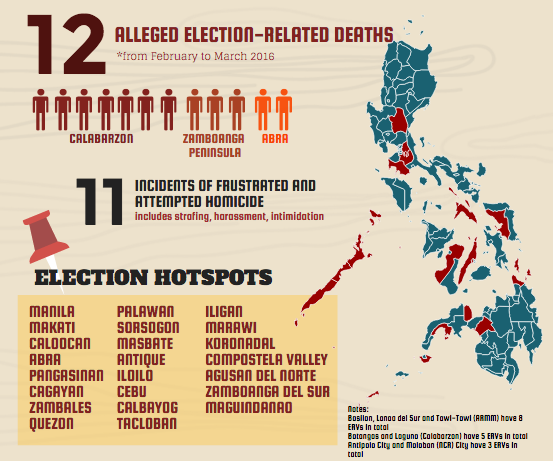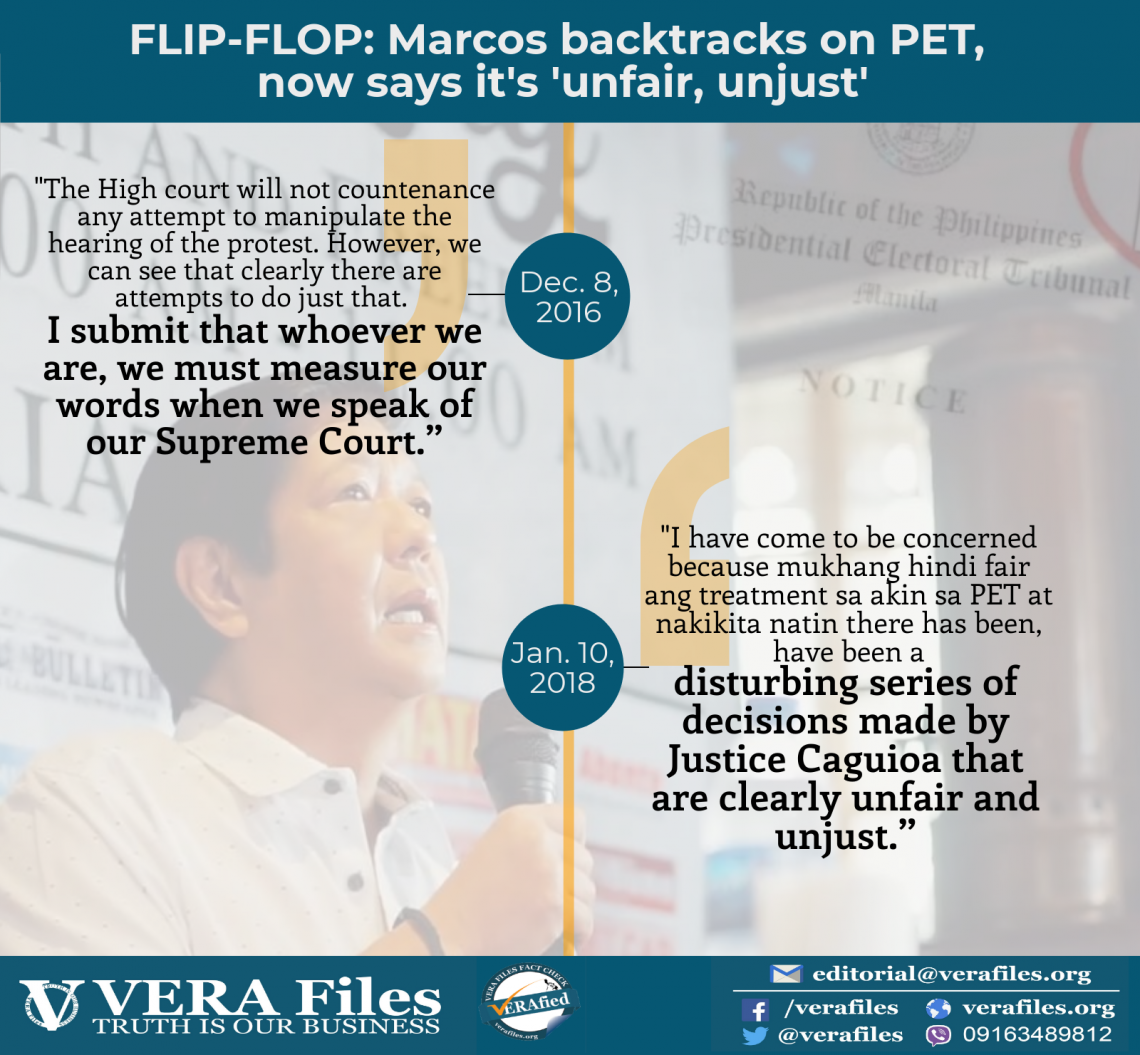By MARIA FEONA IMPERIAL
AS the five presidential candidates tried to outsmart each other in the first PiliPinas Debates held in Cagayan de Oro last month, one community watching it on television or online simply couldn’t relate: the Filipino Deaf.
The Commission on Elections and GMA News Inc., its media partner for the historic debate, had failed to provide sign language interpreters and television insets, making the debate inaccessible to the sector.
It turned out to be a case of aesthetics prevailing over access.
Nessa Valdellon, GMA Vice President for Public Affairs, said an “internal debate” ended with the network deciding not to provide a sign language interpreter for the telecast.
“(W)hen we assessed the visual requirements of Pilipinas Debates—which necessitated split screen of the two debating candidates, a countdown timer, crawlers with the summary of the candidates’ statements, logos of the Comelec (and KBP)—majority of the producers felt there were already too many elements on the air, with the potential to be confusing for the average viewer,” she said in email.
Comelec places the number of registered voters with hearing disabilities for the May 9 elections at 7,786, or 3 percent of the total number of registered PWD voters. (See Fewer registered PWD voters for 2016 elections).
The National Council on Disability Affairs has called Comelec’s attention and asked it to address the lapse in the next presidential debates.
Comelec Chair Andres Bautista said in an interview the poll body has gotten in touch with the lead organizers of the next presidential debates to make sure there will be interpreters.
The next debate will be on March 20 at University of the Philippines (UP) Cebu. It will be co-hosted by TV5 and Philippine Star.
The United Nations Convention on the Rights of Persons with Disabilities, to which the Philippines is a signatory, mandates television networks to make information accessible to those who cannot hear.
Republic Act 7277, or the Magna Carta for Persons with Disabilities, encourages television stations to provide a sign language inset in at least one newscast program a day.
But because the law only encourages, and does not require, media networks to comply, most media giants opt not to abide. For the longest time, the provision of insets for people who are deaf and hard of hearing has not been prioritized in the newsroom agenda. (See Deafening silence: Private TV stations opt against using sign language insets)
Comelec spokesperson James Jimenez said a sign language interpreter was present at Capitol University, the venue of the Cagayan de Oro debate, but was not shown on television.
In the past, GMA News would provide insets for its coverage of major events such as the President’s State of the Nation Address (SONA).
For six years, the network had employed sign language interpreters from the De La Salle College of Saint Benilde School of Deaf and Applied Studies (SDEAS), Veronica Templo-Perez, the dean of the school, said.
“Clearly, mainstream media still (do) not think of providing access to information for the Deaf when they planned this,” Templo-Perez said.
She lamented that GMA did not try to involve her school for the PiliPinas Debates.
“There are a number of Deaf individuals who are registered voters and who are very much interested in what the presidential candidates have to say,” Templo-Perez said. “How will they make informed decisions when voting day comes if they are unable to gain information that will help them make good choices?”
The lack of access to information remains one of the biggest barriers faced by the Deaf community.
While rest of the country is advocating for transparency by lobbying for the passage of the Freedom of Information (FOI) bill, people who are deaf are asking only for “access to important, basic information that the rest of the nation receives and that most, sadly, take for granted,” Templo-Perez said.
She pointed out the lack of implementing guidelines for providing interpreting services for news and events of national importance.
Strongly worded guidelines that require compliance will make information accessible to the Filipino Deaf, she said.
In February 2014, Sen. Paolo Benigno Aquino IV filed Senate Bill 2117, which seeks to amend the Magna Carta to require the use of Filipino Sign Language insets for local news programs.
“(A) society that values transparency must always ensure that information transmitted through mass media is made accessible especially to the more vulnerable sectors of society, especially persons with disabilities (PWDs) and those with hearing impairments,” the bill read.
If passed into law, the bill requires the broadcast of television programs and showing of motion pictures and other audio-visual presentation with closed captions.
The bill remains pending in the Senate Public Information and Mass Media Committee three months before the 16th Congress closes.
Though they are few and won’t probably make a candidate win big, voters who are deaf or hard or hearing “(they) are voters, too,” said Rack Estiller Corpuz, who is deaf, and Mary Ann Soria, a disability advocate in a Facebook message sent to the NCDA.
This prompted the NCDA to request the Comelec to require television networks to provide interpreters and insets in the next presidential debates.
“We would deeply appreciate if a sign language inset will be provided in similar electoral undertaking that will be conducted in the future in order to give opportunity to the members of the Deaf sector of their right to information that will guarantee their right to suffrage in the coming 2016 National Elections on May 9,” NCDA’s Feb. 23 letter to Comelec read.
On March 9, Jimenez, who heads the poll body’s education and information department, replied to NCDA that the matter has been recommended to the Comelec en banc for the second presidential debates.
In a letter, he said the issue will be raised to the lead networks in a meeting with the presidential candidates’ representatives on March 11.
This is to ensure that no one in society is “left behind in significant electoral undertakings” such as the presidential debates, Jimenez wrote.
